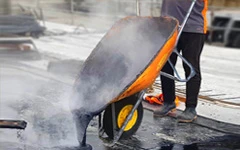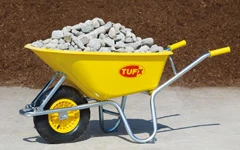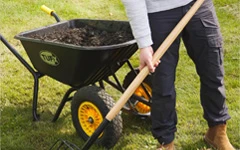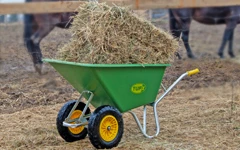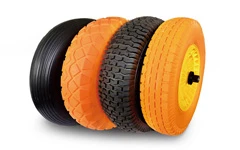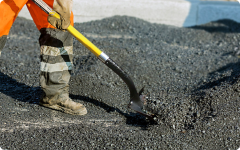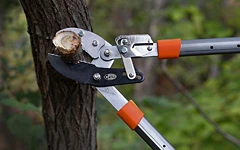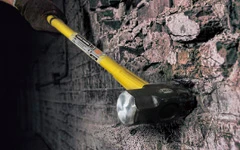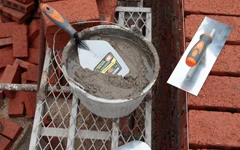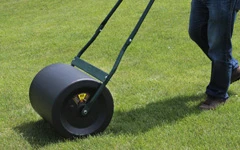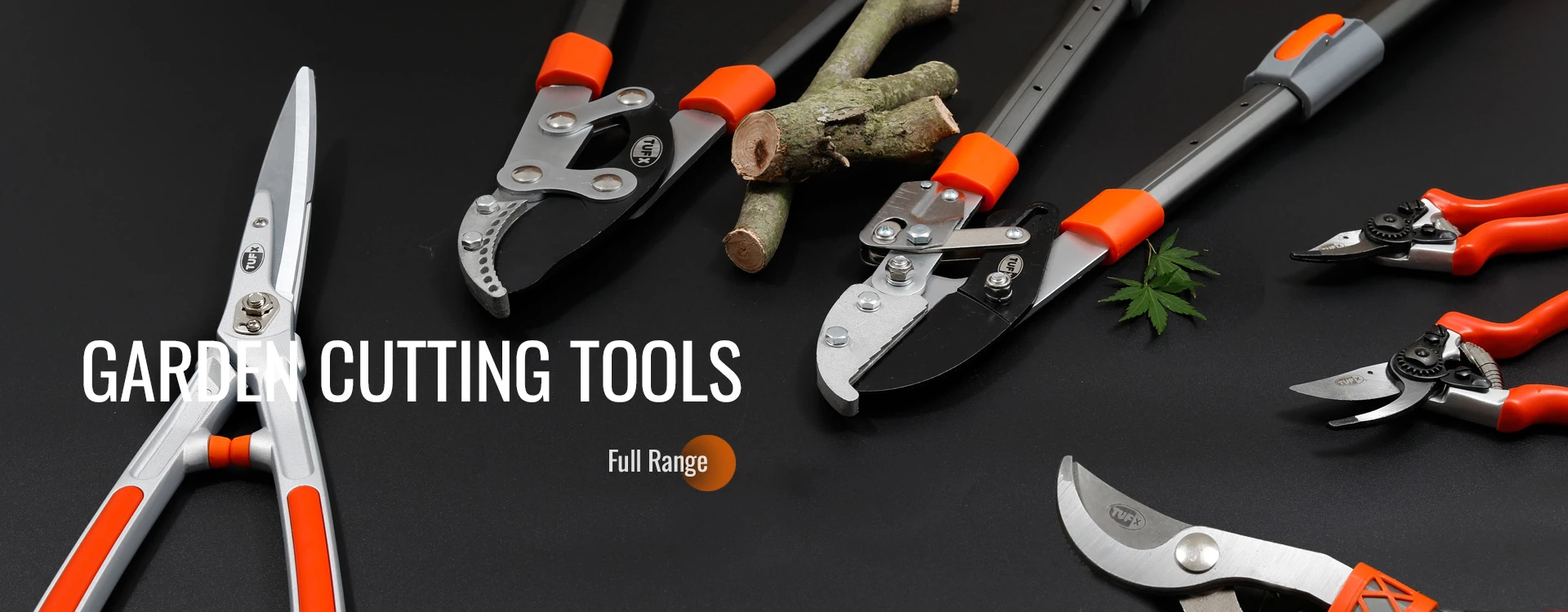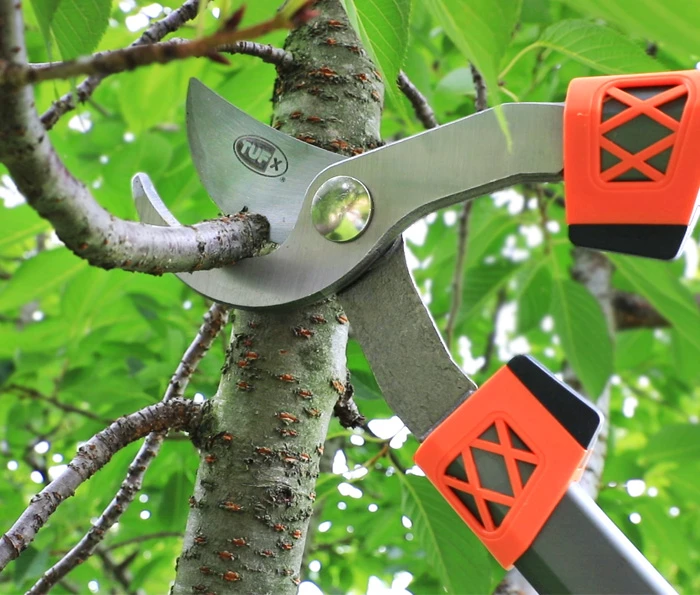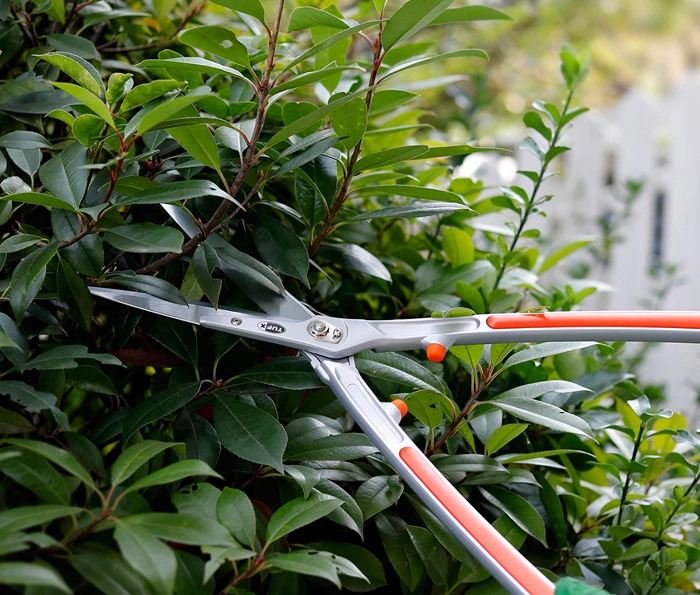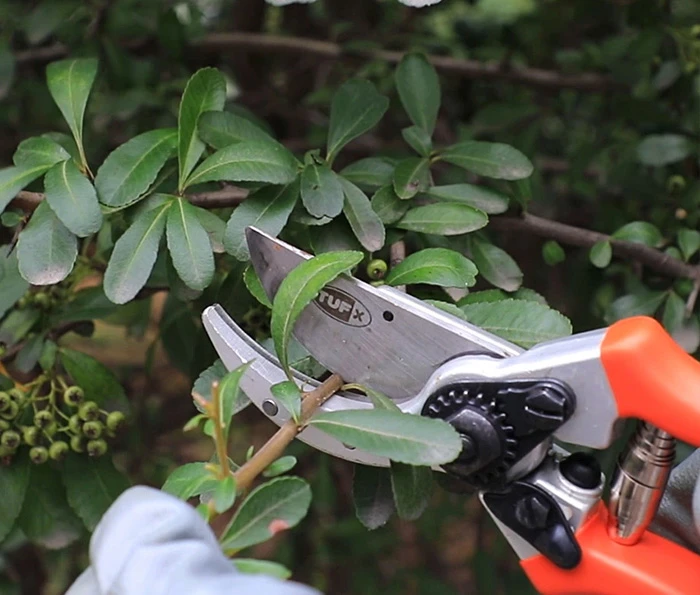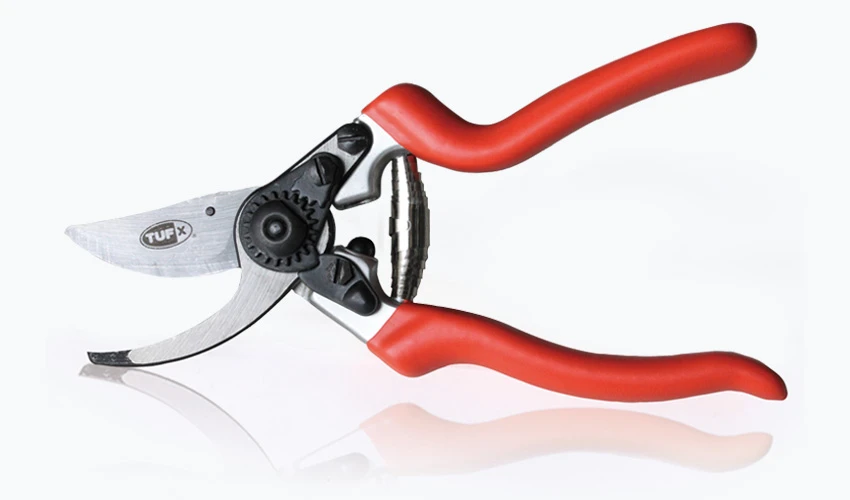
INTRODUCTION
TUFX cutting tools blend ergonomic design with high-performance features to deliver unmatched efficiency and ease of use in garden and landscape maintenance. Engineered for refinement, our range of pruners, loppers, and hedge shears is meticulously crafted to handle everything from delicate pruning to tough, woody cuts.
Detailed Usage
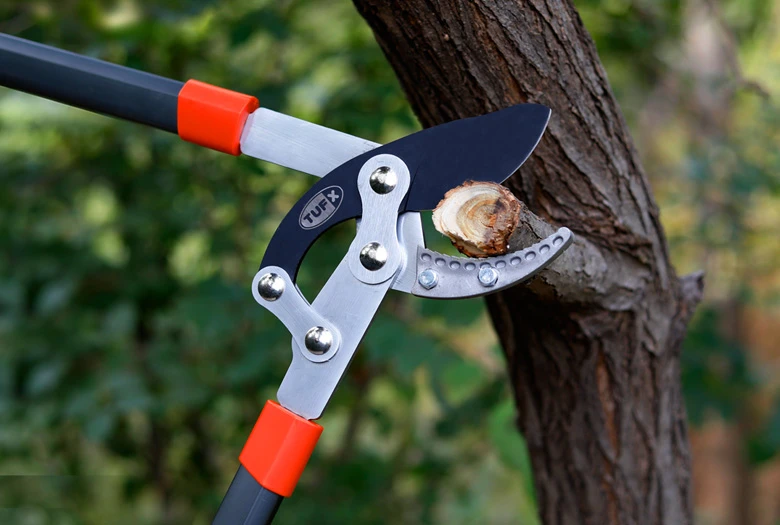
-
Cutting Tools Overview
PrunersIdeal for delicate cuts on live plants, our pruners come with SK5 high-carbon steel blades ensuring sharp, precise cuts. The ergonomic design minimizes fatigue, enhancing user comfort.LoppersWith options including bypass and anvil designs, our loppers tackle thicker branches effortlessly. Features like extendable handles provide reach and leverage for challenging cuts.Hedge ShearsPerfect for shaping hedges and shrubs, these shears offer clean, crisp cuts, with shock-absorbing bumpers to reduce strain during extended use.Extendable Pole Saws and PrunersReach high branches with ease. The telescopic handles and dual cutting options allow for versatile pruning and sawing of various branch sizes.
Innovative Features
-
Blade MaterialForged from CRV and SK5 high-carbon steel for maximum durability and sharpness.
-
Handle DesignMade from lightweight 6061 aluminum, our handles are fitted with TPR grips for enhanced control and comfort.
-
Teflon CoatingEnsures low friction and rust resistance, facilitating smoother cuts and longer blade life.
Featured Products
Bypass and Anvil Loppers
Hedge Shears
Professional Pruners
Frequently Asked Questions
-
1.Which is better, Bypass or Anvil Pruners?Bypass pruners are ideal for live plants, offering clean cuts without damaging the plant. Anvil pruners are suited for deadwood and tougher materials, using a crushing action to cut through harder materials.
-
2.Why choose a Teflon coating?Teflon reduces blade friction, making cuts easier and protecting the blade from corrosion and wear.
-
3.How does the ratchet mechanism work?It allows for progressive cutting, enabling you to cut larger branches with less effort by incrementally increasing the cutting force.
-
4.How do I maintain my cutting tools?Clean and dry tools after each use, oil joints and blades regularly, and sharpen the blades as needed to keep them in top condition.
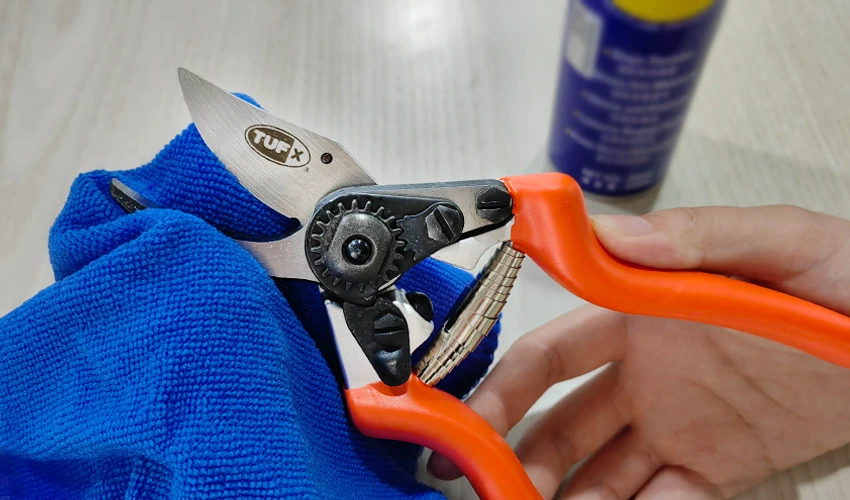
Maintenance and Care
-
DisassemblyOur tools are designed for easy disassembly for maintenance, ensuring each component can be individually cared for.
-
CleaningAll components can be cleaned and lubricated, preserving the Teflon coating and preventing rust.
-
StorageKeep tools in a dry and secure place to maintain condition and readiness for use.
